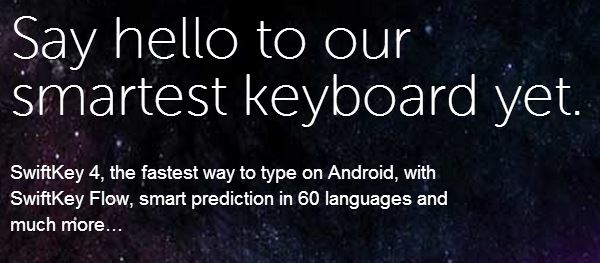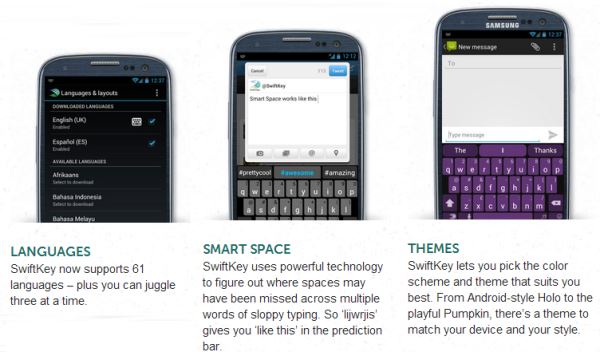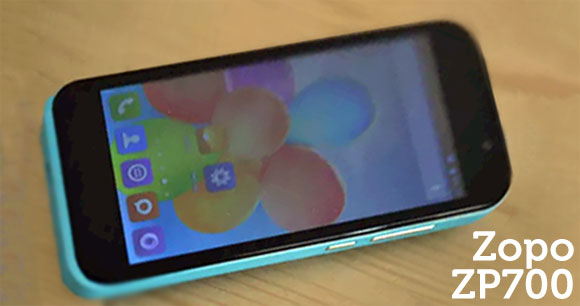BlackBerry’s new UK MD

Alexandra Zagury has been named as the new managing director of the UK and Ireland branch of BlackBerry, formerly known as Research In Motion (RIM). Struggling smartphone manufacturer is made the move following Rob Orr’s defection to up-and-coming rival Samsung back in June.
In the meantime, the MD or the whole Europe, the Middle East and Africa (EMEA) region, Robert Bose, had been taking on the job an interim basis. There has been a lot of speculation that Zagury would takeover but it has only recently been confirmed that she will step into the position. Replacing Zagury in her previous post will be former Yudi Moodley who was previously the business management director for the Middle East and Africa.
Alexandra Zagury is a graduate of the London School of Economics in London and has been with the company for several years now. Ahe spent much of that time – total of about 18 months – working as a director for the South Africa, Southern Africa of BlackBerry.
During this period, she relocated to BlackBerry’s offices in Johannesburg. She is also hold a position as the MD of the Turkey branch in Istanbul as well as working in many senior roles for BlackBerry in the UK.
Despite her wealth of experience, there is no doubt at all at that her job will be a very tough one as she desperately aims to alter the fortunes of struggling BlackBerry. In recent years, and especially following the tough competition from Apple and Google, profits are income have been falling at BlackBerry and there’s little doubt in industry that the BlackBerry 10 platform has been all but a failure according to adoption figures.
Dispute this, Alexandra Zagury has strongly suggested that the BlackBerry 10 platform – running on QNX – is obsolete positions allow BlackBerry to lead the way mobile phones to mobile computers. She has claimed that the experience offered by this operating system means that user experience will not be, might as phones become more and more powerful.
Alexandra Zagury will also be aware that the UK market is much more competitive and a tougher nut to crack than Africa. She recently tweeted that BlackBerry drives 14% of Internet traffic in Africa but this is mainly due to the fact that older BlackBerry devices are available for much lower cost and the latest android and Apple smart phones. It’s also not certain whether they’ll be to keep up this trend as smart phone manufacturers target developing regions with cut-price android offerings.
#BlackBerry drives 14% of internet traffic in Africa – The Washington Post http://t.co/OdTmi18Vkx
— Alexandra Zagury (@alexza) November 15, 2013
It is also telling that, despite BlackBerry accounting for 14% of aggregate Internet traffic in Africa, major competitors to is BBM messaging platform such as what’s up and Skype are fast rising rivals. Dated protocol WAP is also third in the list behind BlackBerry suggesting that when high-speed mobile Internet becomes more common, the more traditional offerings allowing smart phones to connect a regular mobile networks will become more popular as they have done in more established markets. Mobile Internet access is still rather in its infancy in Africa and as it matures, BlackBerry will have a tough time trying to hold onto its portion.
What you make of this news? Does Alexandra Zagury have what it takes to turn around BlackBerry’s fortunes in the UK market? Or is it simply too late for the struggling company already? Please let us know your thoughts and opinions.




 21
21




Recent Comments